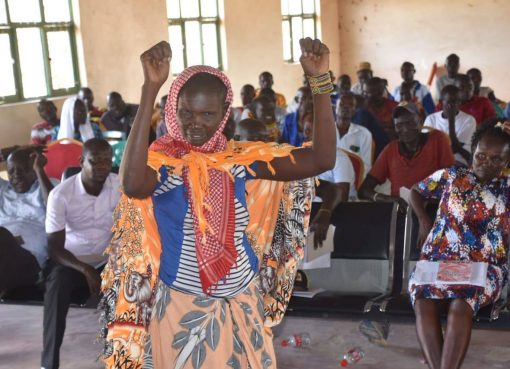The Kenya Forestry Research Institute (KEFRI), in partnership with the Turkana County Government, has rolled out a Sh30 million project aimed at establishing and encouraging sustainable management of Prosopis juliflora (mathenge) to create green jobs and improve livelihoods in Turkana West.
The project, funded by the International Labour Organisation (ILO), targets Kakuma, Kalobeyei, Songot, Nanam, Letea, Pelekech, and Lopur areas, with a year-long implementation plan.
Leveraging climate-smart technologies, the initiative seeks to transform the invasive species into an economic asset. Key activities include carbonisation for briquette and biochar production, as well as charcoal value chains.
“Through research, the project will create a platform for community-led initiatives, enabling the production of high-value animal feed from Prosopis pods and twigs for commercialisation, thus economically empowering the target population,” said Patrick Mwirigi, KEFRI Assistant Director for the Turkana Region.
Mwirigi noted that continuous tapping into emerging research and knowledge transfer is central to the project’s success. A state-of-the-art Prosopis Training and Incubation Centre will be established in Turkana to enhance entrepreneurial capacity.
“In collaboration with the Turkana County Government, Kenya Forest Service, and business partners, KEFRI’s goal is to change the negative perceptions of the invasive plant and unlock its economic potential,” he added.
Adopting an Employment Intensive Investment Approach (EIIP), the project aims to create 1,040 green jobs, directly benefiting approximately 8,000 households in the target areas.
As part of the launch, 30 members of the Kakuma Bee Group, comprising both host and refugee communities, received training on diversified Prosopis value chains. The training included producing soap, body creams, candles, and beauty products and exploring the medicinal benefits of Prosopis byproducts such as wax and honey.
Speaking during the event, Mwirigi highlighted the economic opportunities already realised through Prosopis utilisation.
“Research shows that communities generate up to Sh45 million annually from activities such as charcoal and pole sales. These gains can be amplified by adopting environmentally friendly approaches, like briquette production,” he stated.
He emphasised the dual focus of economic growth and sustainability, describing the project as a driver of local economic development.
“Our approach advocates for the control, sustainable management, and utilisation of Etirae (Prosopis) to mitigate its risks while maximising its benefits,” Mwirigi explained.
The use of Prosopis juliflora in apiculture was also discussed, with members of the Kakuma Bee Group acknowledging its importance as forage for bees.
“We see opportunities to expand beyond honey production into ventures that promise better incomes and more jobs for the community,” one member noted.
Despite its invasive nature, which has caused challenges such as encroachment on grazing lands and arable fields, KEFRI Research Scientist Joan Kibet underscored its untapped potential.
“While Prosopis poses challenges, its opportunities in beekeeping, energy production, and other sectors cannot be ignored,” she said.
The project promises a paradigm shift in managing Prosopis juliflora, transforming it from a menace into a catalyst for economic growth and environmental sustainability.
By Peter Gitonga




